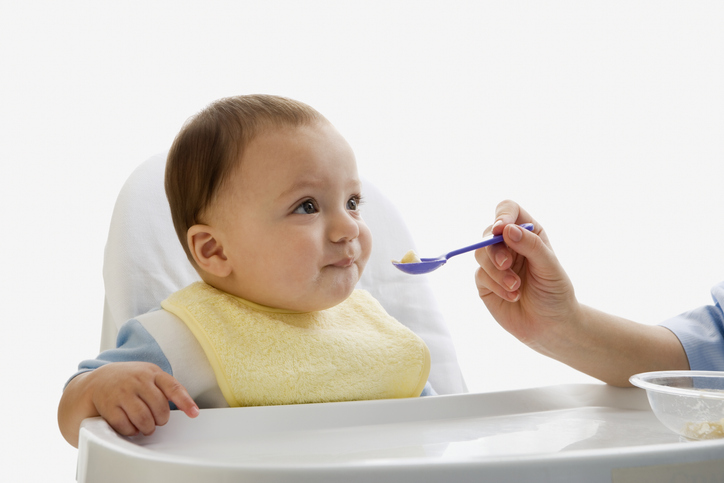Related video: A history of America’s favorite baby names
(The Hill) – Nearly two-thirds of infant and toddler foods in supermarkets in the United States are unhealthy, according to new research.
Researchers at The George Institute for Global Health analyzed 651 infant and toddler food products from 10 different grocery chains in the U.S. in 2023. The researchers assessed how the nutritional information in these foods measured up against nutritional and promotional guidelines set by the World Health Organization (WHO).
The research found that 60 percent of the foods they assessed did not meet the nutritional standards and that all of the products made prohibited promotional claims on the package. The research was published Wednesday in the peer-reviewed journal Nutrients.
The study also found that 70 percent of the products did not meet protein requirements and 44 percent exceeded the recommended total sugar requirements. It also found that a quarter of the products did not meet the calorie requirements and about 20 percent exceeded the sodium requirements.
The study did not identify what food products or brands it looked at but noted there’s been a 900 percent increase in baby food pouch sales over the last 13 years. It found that less than 7 percent of all pouches meet the recommended total sugar requirements.
The Hill has reached out to industry associations that represent some manufacturers of baby and toddler foods.
Elizabeth Dunford, one of the study’s authors and research fellow at the George Institute, said in a statement that many of the products are missing key nutrients for children.
“Early childhood is a crucial period of rapid growth and when taste preferences and dietary habits form, potentially paving the way for the development of chronic diseases such as obesity, diabetes and some cancers later in life,” she said, according to the press release.
“Time-poor parents are increasingly choosing convenience foods, unaware that many of these products lack key nutrients needed for their child’s development and tricked into believing they are healthier than they really are,” she continued.
The study also found that nearly all the products researchers looked at had at least one claim on their packaging that violated WHO’s promotional criteria for these foods. For example, 70 percent of products had included “non genetically modified (GM)” claims and 59 percent included “organic” claims.
Daisy Coyle, a co-author of the study and research fellow at The George Institute, said in a statement that the “lack of regulation in this area leaves the door wide open for the food industry to deceive busy parents.”
“We saw this not only in the use of misleading claims but also in the use of misleading names, where the product name did not reflect the main ingredients found on the ingredient list,” Coyle said.
